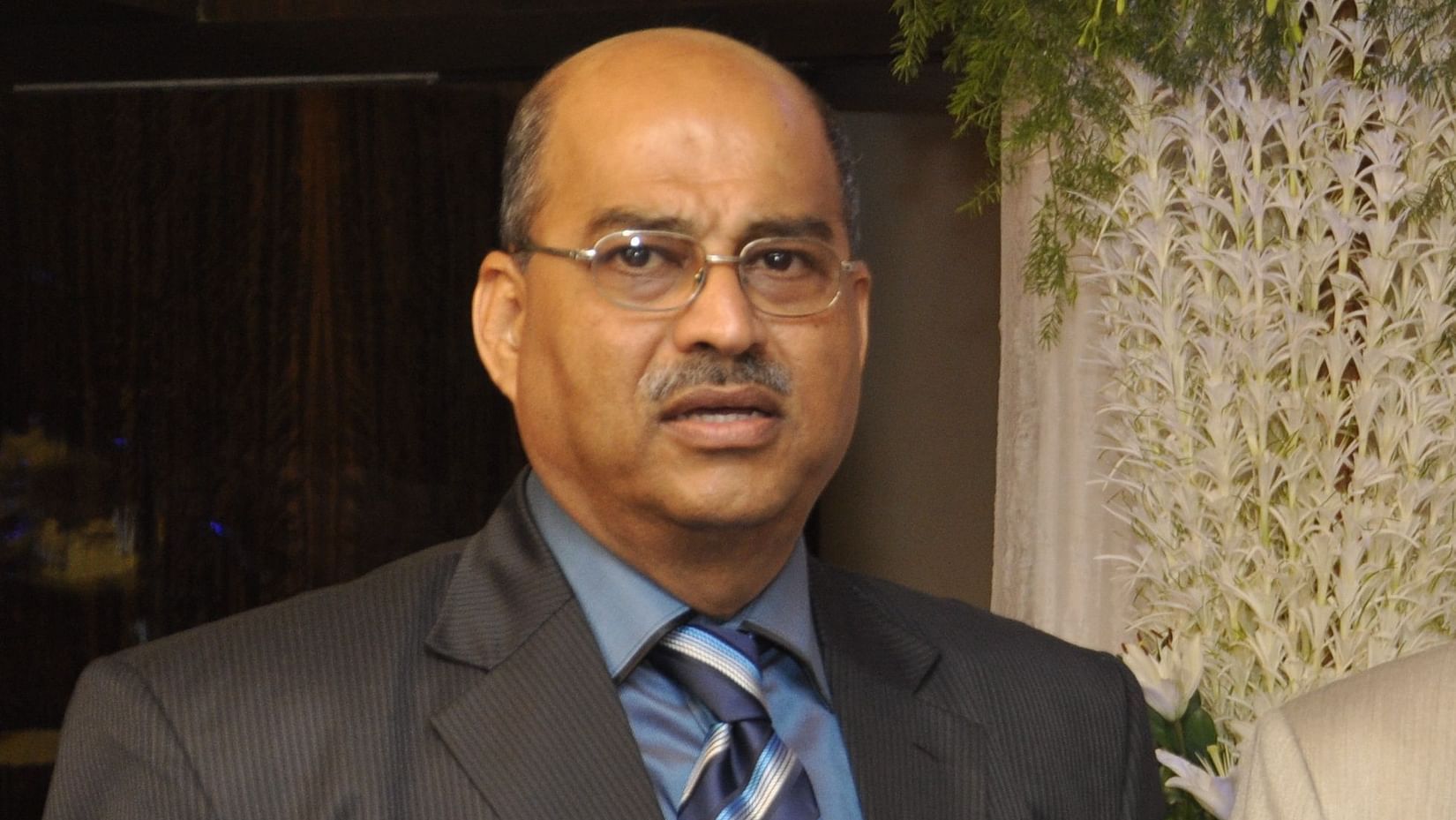Q. Take us to the start of your journey as a businessman and a hotelier.
My stint as a hotelier started in 2007 with an 18-room serviced apartment on Holiday Street, which was later sold to start Ocean Palms Goa at Calangute in 2011-12. Two years later, my son Rahim joined me in my business and we ventured into construction under the banner of Virani Ventures. In 2013, Rahim and his wife Neekash took up the franchisee of Kidzee Nursery School, followed by an exclusive Jockey outlet in 2018. We are now looking at expanding into the hospitality sector in a big way, starting with building brand Ocean Palms, Goa.
Q. How did Ocean Palms happen?
Construction on the property started in 2007. Initially, our idea was to build a serviced apartment with large rooms and sit-out spaces. But we soon realised that it was an idea ahead of its time. While I was toying with various ideas, we (Rahim and I) ran into a hospitality consultant Lalit Mishra and decided to invest in this hotel project. We brought down the old structure, and knocked off a few walls to convert the apartment into hotel rooms. By July 2011, we were ready to commence business.
Q. What was your initial capital investment in it?
INR 15.00 crore, which was subsequently increased to INR 20 crore.
Q. In the past nine years how has the brand grown?
We started our business with an Average Room Rate (ARR) of INR 2700 at occupancy of 70% and have been growing YOY at a steady pace. Presently, we have an ARR of INR 4415 at occupancy of 85%.
Q. What would you describe as the USP of your hotel?
I would say our service and friendly staff culture. Every hotel has rooms and F&B, but at Ocean Palms Goa, we make sure that each and every guest has a wonderful experience of his/her stay with us.
Q. Can you cut a demographic picture of your typical guests?
Nearly 75% of our guests are domestic travelers, predominantly from Delhi, Gujarat, Mumbai, Pune, Bangalore, Hyderabad & Kolkata. The 25% of foreign guests usually arrive from the UK, Russia and some Scandinavian countries. We mostly cater to FIT of the family, friends and young couples. Besides that, we also cater to the Corporate and MICE segments.
Q. In these nine years of growth – what is the biggest challenge that you have faced as a hotelier?
As we speak, our biggest challenge is a slow to market response, due to the general economic slowdown and the sudden collapse of Thomas Cook, the UK that was one of our biggest and the oldest charter operator to Goa. Other challenges are more generic in nature relating to power shortage, water shortage, wastewater disposal, etc.
Q. As a seasoned hotelier what do you attribute Thomas Cook collapse to ? Was it preventable? What cascading impact can it have on the global travel market?
I may be wrong, but I feel it was very much preventable had the U. K. government given a helping hand in the interest of the huge number of personnel employed with them across the world. Undoubtedly, Thomas Cook’s collapse would have global ramifications for the travel market. People would lose their trust and faith.
Q. What’s the strength of your hotel?
Our strength is our consistent service standard and our employees. Combining world-class service to the best efforts of our employees, I think is the best strategy to beat any challenge in the hospitality industry.
Q. In the past ten years, a bulk of travel bookings have migrated online – do you see it as a challenge or a growth opportunity for your brand?
I most certainly consider it as an opportunity for the growth of our hotel and the brand. Our hotel has a very healthy mix of online and offline business thereby keeping an equilibrium between the tech-driven market and the traditional offline business.
Q. The general angst among hoteliers is that while an association with OTAs get you volume, they also dilute your brand offering and eat into the hotel’s realisation with mindless discounting practices. Your comment?
OTAs do get you volume and they do not necessarily always discount. It is up to individual hoteliers to decide what should be their strategy for survival. We have a specialised team of professionals who manage and maintain that equilibrium and get the optimum results for us.
Q. Going forward, how do you propose to differentiate your offering in a crowded market?
In the present scenario of cut-throat competition in an already-saturated hospitality market, we wish to give our esteemed customers full value for money. We want our name and brand to be reckoned with. We wish to dwell into the minds of our satisfied customers and co-opt them as our goodwill ambassadors through word of mouth publicity.
Q. What’s your strategic growth plan for the future? Where do you see your brand five years down the line?
We are looking forward to upgrading ourselves from 4- star hotel property to 5-star in the years to come, coupled with high room occupancy, robust ARR and higher customer satisfaction. We wish to benchmark ourselves at par with the best hotel brands in this tourist belt and get affiliated with all the other well-known and popular brands.
